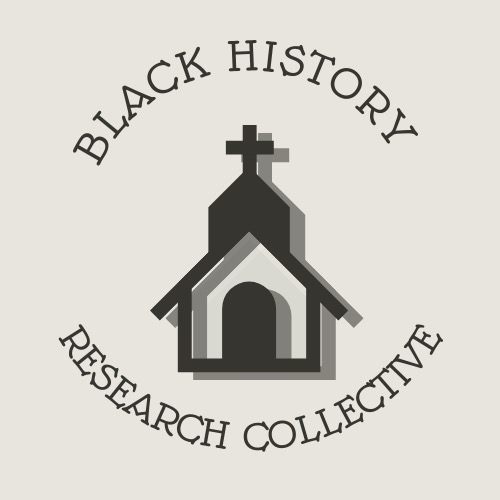Evelyn K. Davis is best known for her tireless and unwavering advocacy for Black children and families in the Des Moines metro.
In the 1960s. Evelyn K. Davis was the director of the Oakridge Opportunity Center. The Oakridge Opportunity Center offered high school equivalency courses, as well as instruction in music, art, and sewing. The Center also partnered with Planned Parenthood to provide education on birth control and family planning for anyone interested or in need. During this time, Ms. Davis was also on the board at Wilkie House. She was an active member of the NAACP, earning a committee chairmanship in 1962. In 1968, Evelyn K. Davis received the Urban Services Award from the Federal Office of Economic Opportunity.
In the 1970s, the concept of childcare, let alone affordable childcare, was pretty foreign. Ms. Davis saw a need for affordable childcare in her community and founded Tiny Tots, Des Moines’ first daycare center. Evelyn Davis saw more need in her community and established the Evelyn K. Davis Inner City Medical Center. She was appointed to the Polk County Board of Supervisors Department of Social Services in 1972. She was reappointed for a second term in 1973.
During the 1970s, the double punch of economic recession and inflation created an environment of austerity and budget cuts across the United States. Social services were hit particularly hard. In April of 1973, Ms. Davis travelled to Washington, D.C. where she testified before Congress on the impacts of budget cuts on children and families.
Evelyn K. Davis’s work was recognized by Governor Robert Ray, who named Ms. Davis to a newly established task force on early childhood development in 1974, and the Iowa Children’s Council in 1978.
Today, her work continues at the Evelyn K. Davis Center for Working Families in Des Moines, which offers a variety of resources and services for children, families, and small business owners.

Photo from Des Moines Register Archives, May 14, 1968







